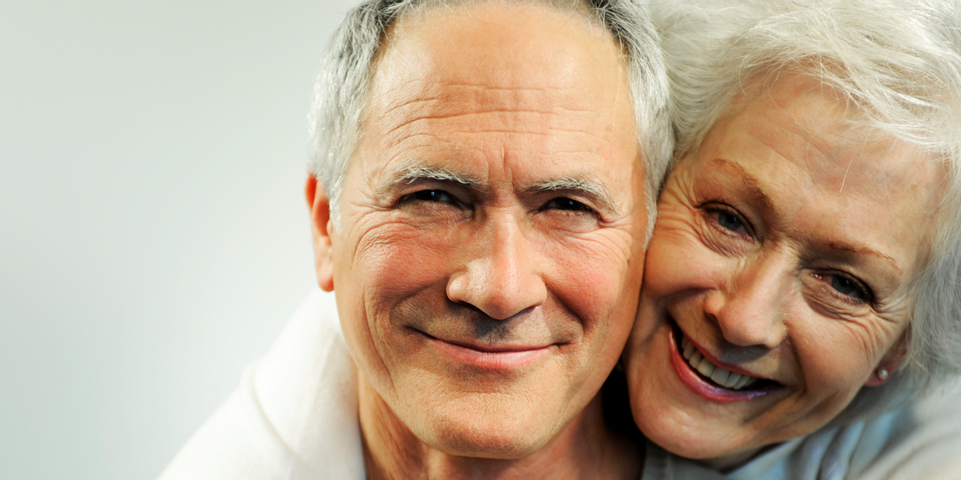
Women can lose as much as 25% of their bone density in the five years after menopause.
Loss of bone density is caused by falling levels of oestrogen. Oestrogen aids in protecting bone strength.
Although your bone density decreases at menopause, your risk of osteoporosis (weak bones) and fractures stays relatively low until you get much older.
This is because bone density is only one of the things that affects your bone strength.
Menopause is a good time to adopt a healthier, bone-friendly lifestyle.
Strong and healthy bones after menopause
There is plenty you can do to maintain your bone strength as you get older.
Stay active
Do at least 150 minutes of moderate-intensity activity in sessions of 10 minutes or more each week. This could include activities such as cycling or brisk walking.
You should also avoid sitting for long periods, for example, watching TV or sitting at a computer.
Weight-bearing exercises and resistance exercises are particularly important for improving bone strength and helping to prevent osteoporosis:
Weight bearing exercises
These are exercises where your legs and feet support your weight.
High impact weight-bearing exercises, such as running, skipping, dancing and aerobics are all great for strengthening muscles, bones and joints.
Osteogenic loading is the best method for improving bone strength and density at any age. This practice allows maximum optimization of weight bearing exercise without sweat or pain!
Eat a healthy and balanced diet
Eating a healthy and balanced diet will help keep your bones healthy after menopause.
A couple of nutrients are particularly important for building strong bones: calcium and vitamin D.
Calcium
Good sources include green, leafy vegetables (but not spinach), nuts, seeds, dried fruit, tinned fish with the bones in, and dairy products like milk, yogurt and cheese.
Lower-fat dairy products contain just as much calcium as full-fat ones.
Vitamin D
Good food sources include oily fish, eggs, and fat spreads or breakfast cereals fortified with vitamin D.
It's difficult to get enough vitamin D from food alone, so all adults are advised to consider taking a daily vitamin D supplement, particularly in the winter months (October to March).
Get some sunlight
Sunlight on your skin helps to build up your body's supply of vitamin D.
Aim to spend short periods outdoors each day from late March/April to the end of September. Take care not to let your skin redden or burn.
Read more on vitamin D and sunlight.
Drink sensibly and don't smoke
Smoking is linked to a higher risk of osteoporosis and so is drinking too much alcohol.
As well as protecting your bones, quitting smoking will help to lower your risk of heart disease, cancer and other smoking-related diseases.
Men and women are advised not to regularly drink more than 14 units a week.
Call OsteoStrong O’Fallon for a complimentary Osteogenic Loading session. 636-238-8696
About the Business
Have a question? Ask the experts!
Send your question

